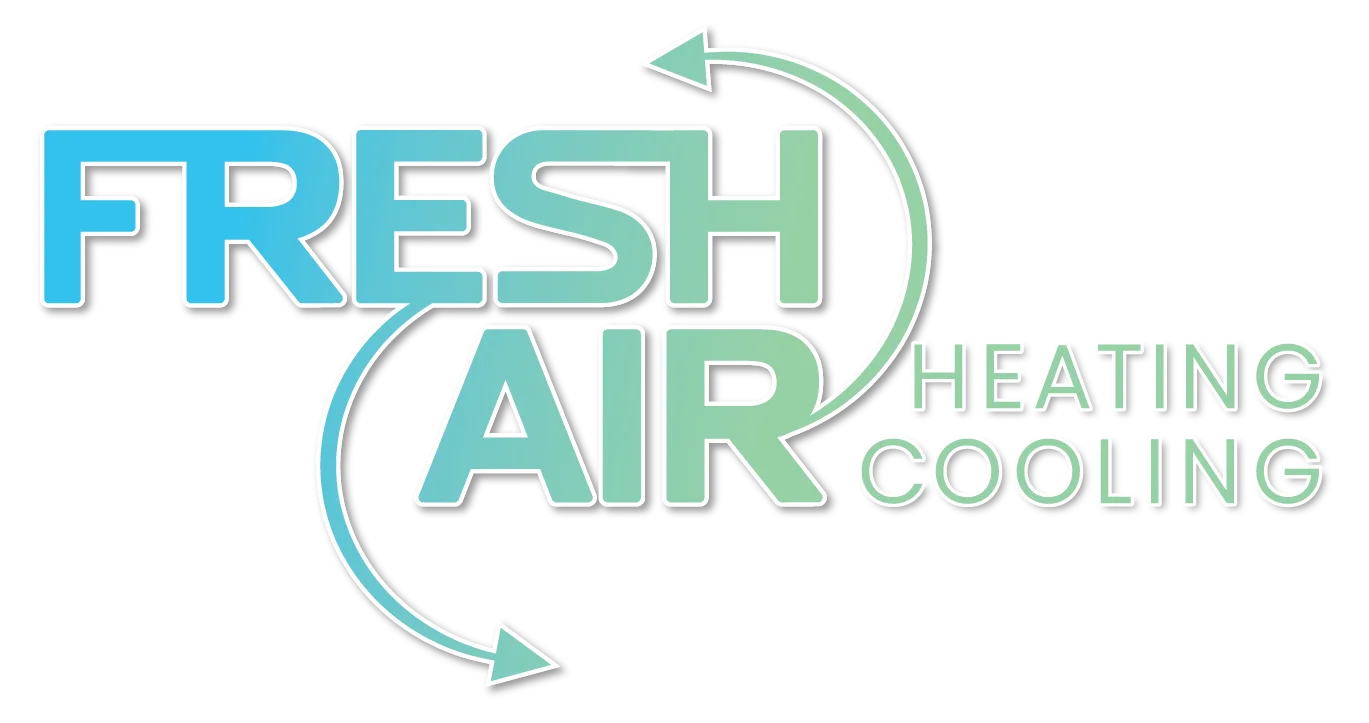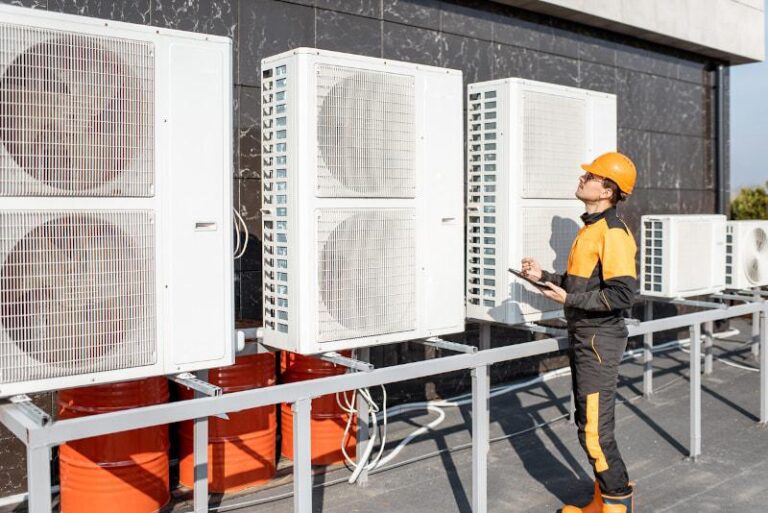When installing a new commercial HVAC system in Chesterfield, MO, it’s important to consider certain factors affecting performance, energy efficiency and cost. You could spend more money than necessary if you purchase a system without due diligence. Here are six considerations to keep in mind when investing in a new commercial HVAC system:
Type of Commercial HVAC System
The type of HVAC system you choose will depend on the size and layout of your building. You may need a split system, ductless AC, heat pump or rooftop air conditioner. Each option has its advantages and disadvantages, which you need to weigh carefully before deciding.
Research the different types of systems to decide which is best for your needs. You’ll also want to consider how well each type will fit into the existing ductwork and the extra materials needed. An HVAC professional can help you cover all bases to ensure the system you install is the perfect match for your property.
Capacity of the Commercial HVAC System
You should ensure your chosen system is powerful enough to handle your facility’s needs. However, it shouldn’t be too powerful to cause energy waste and higher utility bills. Look at the square footage and insulation levels of your building before deciding on a size for the commercial HVAC system.
The use of your building, such as offices or workshops, will also influence the capacity you need. If you choose the wrong size, you risk having an ineffective system that doesn’t cool your space properly. Speak to a knowledgeable HVAC service technician who can guide you in choosing the most appropriate system.
Energy Efficiency
Energy efficiency refers to how much energy your system consumes to cool or heat your building. The higher the energy efficiency rating, the less energy it’ll use and the lower your utility bills. Look for systems with an ENERGY STAR certification that are more likely to offer superior efficiency.
Advanced features like zoning and programmable thermostats can increase efficiency. Zone control systems allow you to manually adjust temperatures in different areas, and programmable thermostats can be set for automatic temperature adjustments when no one is in the building.
Budget
When considering your budget, you must factor in installation and maintenance expenses. A higher-end system may have a heftier price tag but could also be more energy efficient and require less maintenance in the long run. If you’re tight on budget, you can opt for a less expensive system but ensure it’ll still meet your needs.
Warranties
Consider the warranty coverage offered with the system you purchase. Most HVAC systems include a manufacturer warranty that covers parts for a certain period. Ensure you understand what the warranty covers and for how long before buying.
Some companies may offer extended warranties or maintenance plans, which can provide additional protection. These agreements may be worth the extra cost, depending on your budget and how long you plan to keep the system. Commercial HVAC systems that don’t have warranty coverage run the risk of frequent repairs and may cost more in the long run.
System Location
Look for a spot that’s accessible for servicing and repairs. Also, avoid areas exposed to direct sunlight or moisture to prevent damage or reduced efficiency.
Your service technician should check for adequate space around each system and the type of ventilation needed. The location of the system will also affect noise levels.
Ensure you understand all the considerations when installing a new commercial HVAC system. Researching options and comparing prices can help you find the most suitable system for your budget and needs. Contact Fresh Air Heating & Cooling when you need professional advice for choosing the right air conditioning replacement for your facility in Chesterfield, MO.
Image provided by iStock

